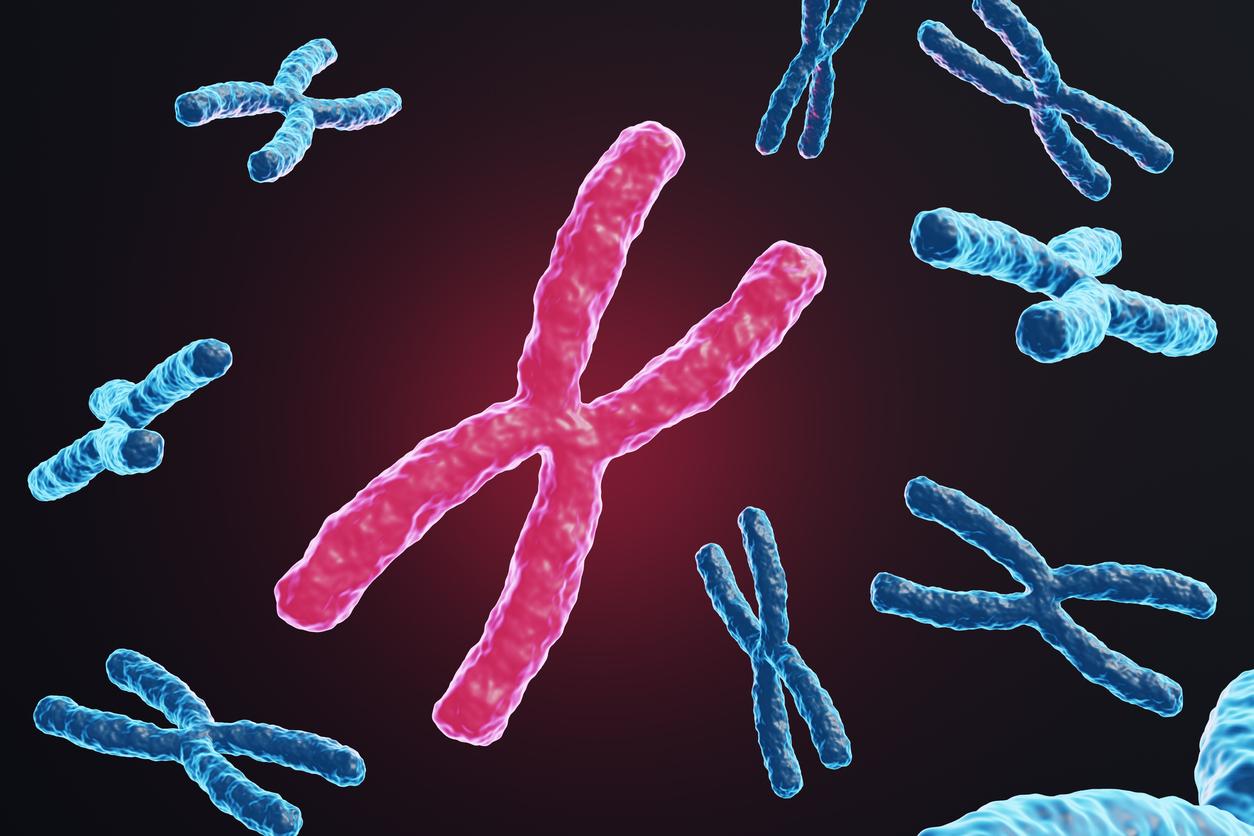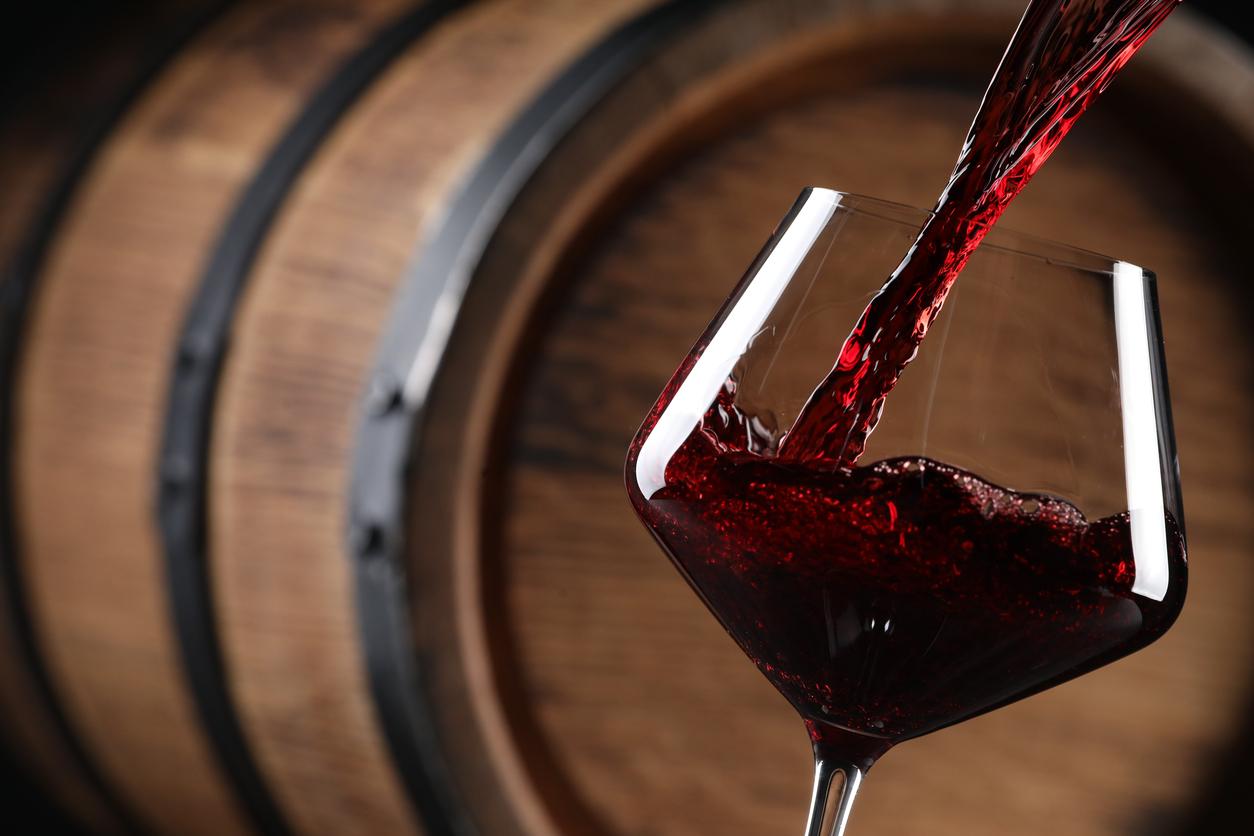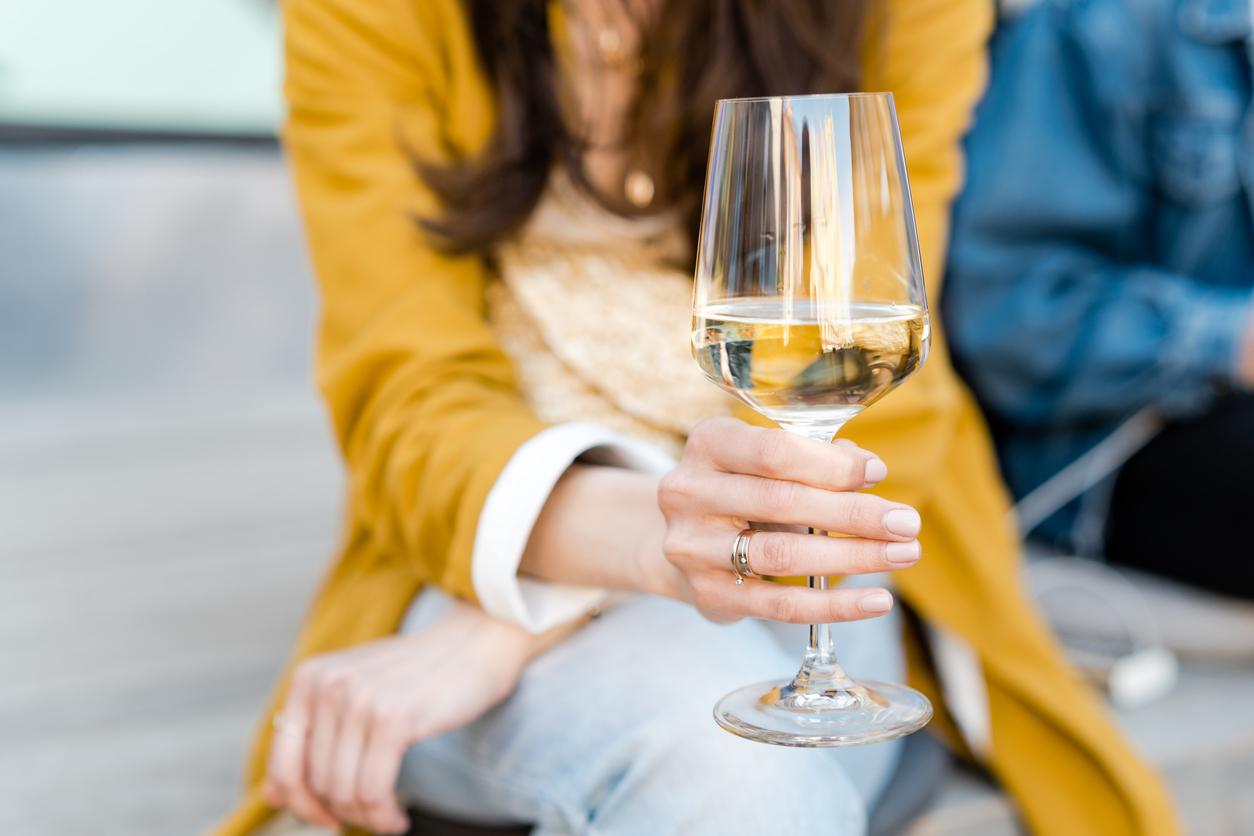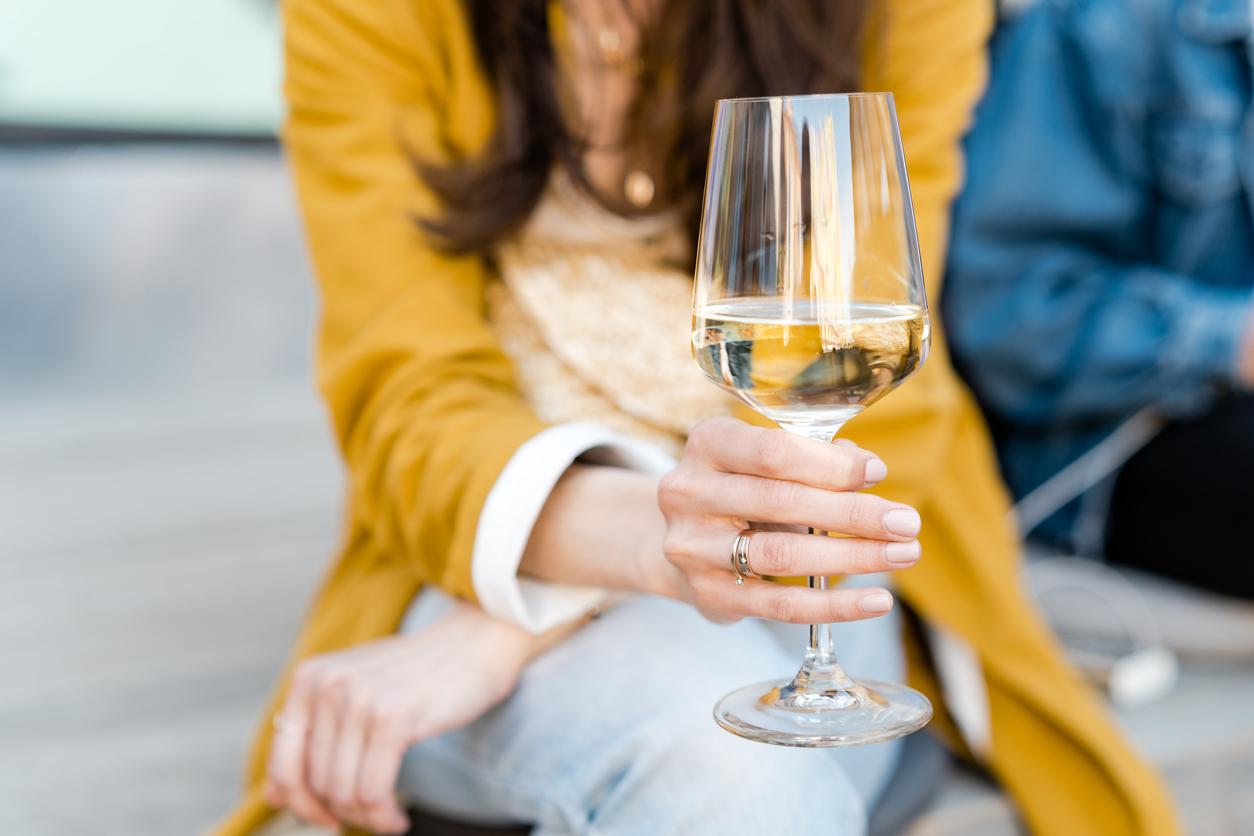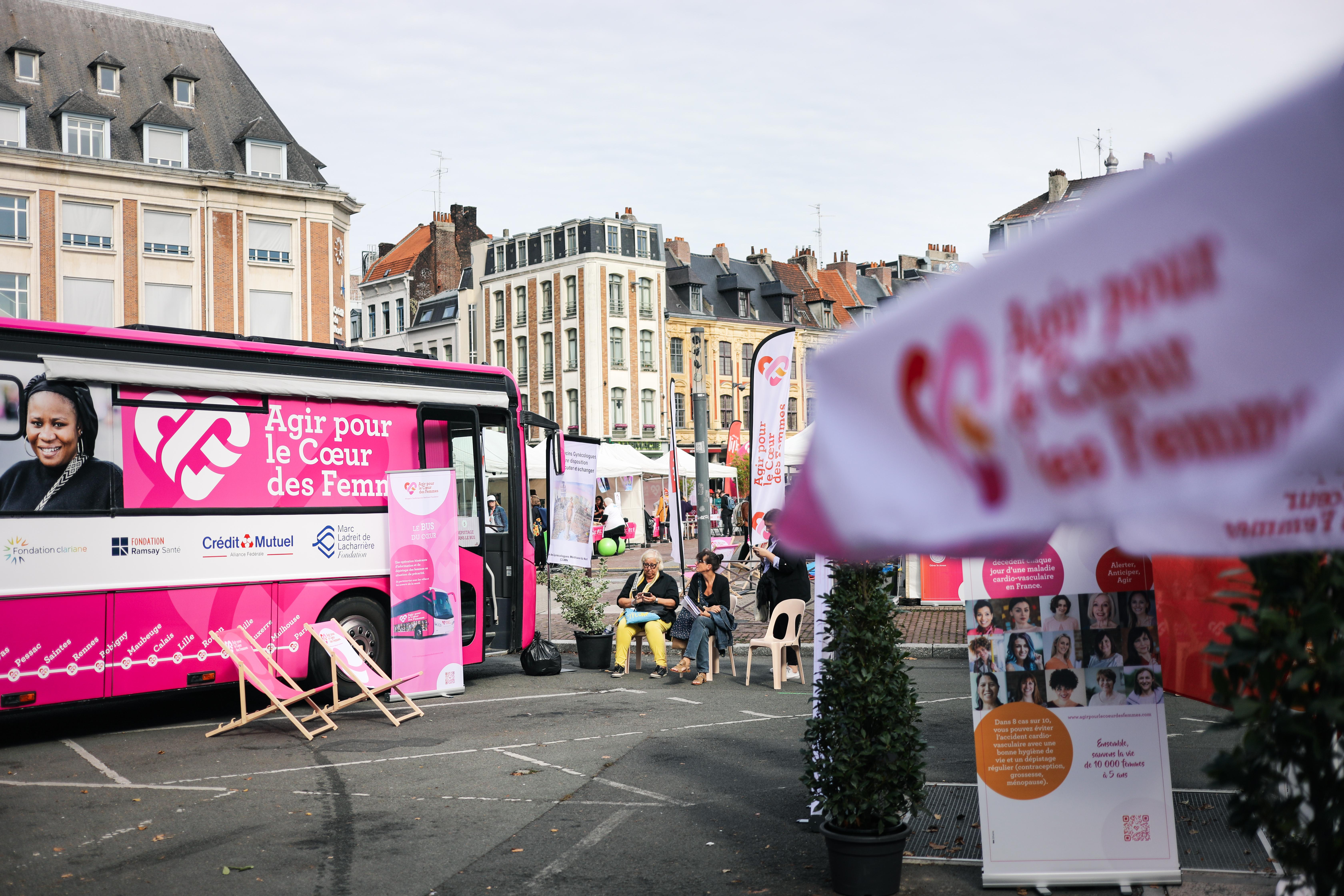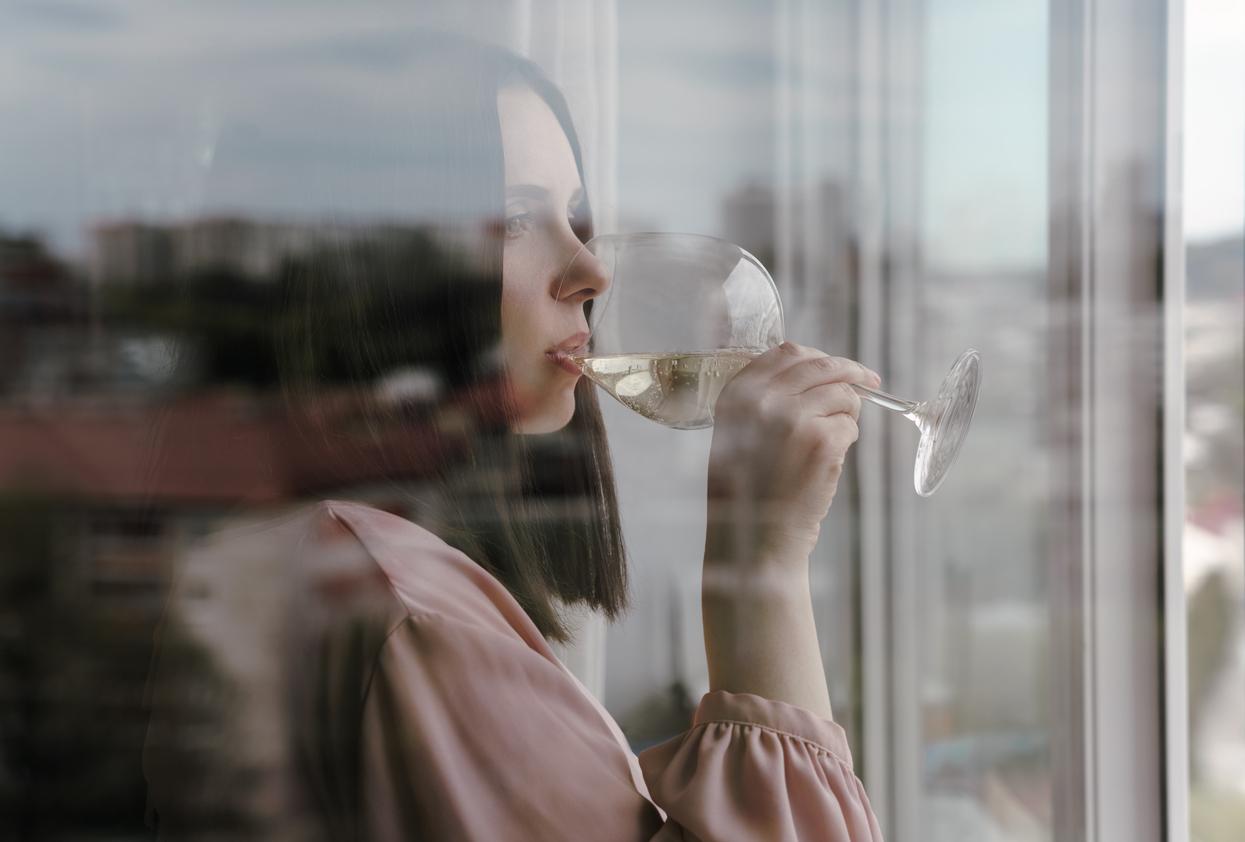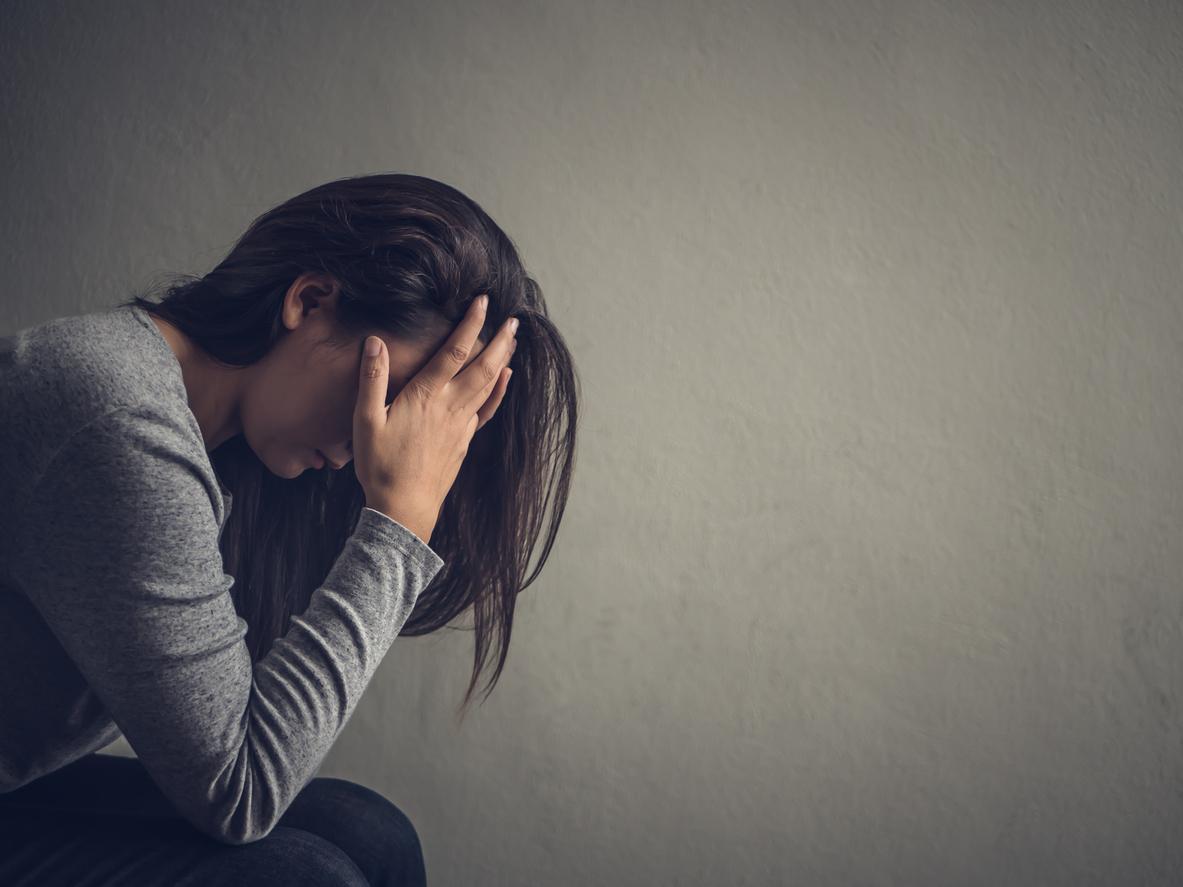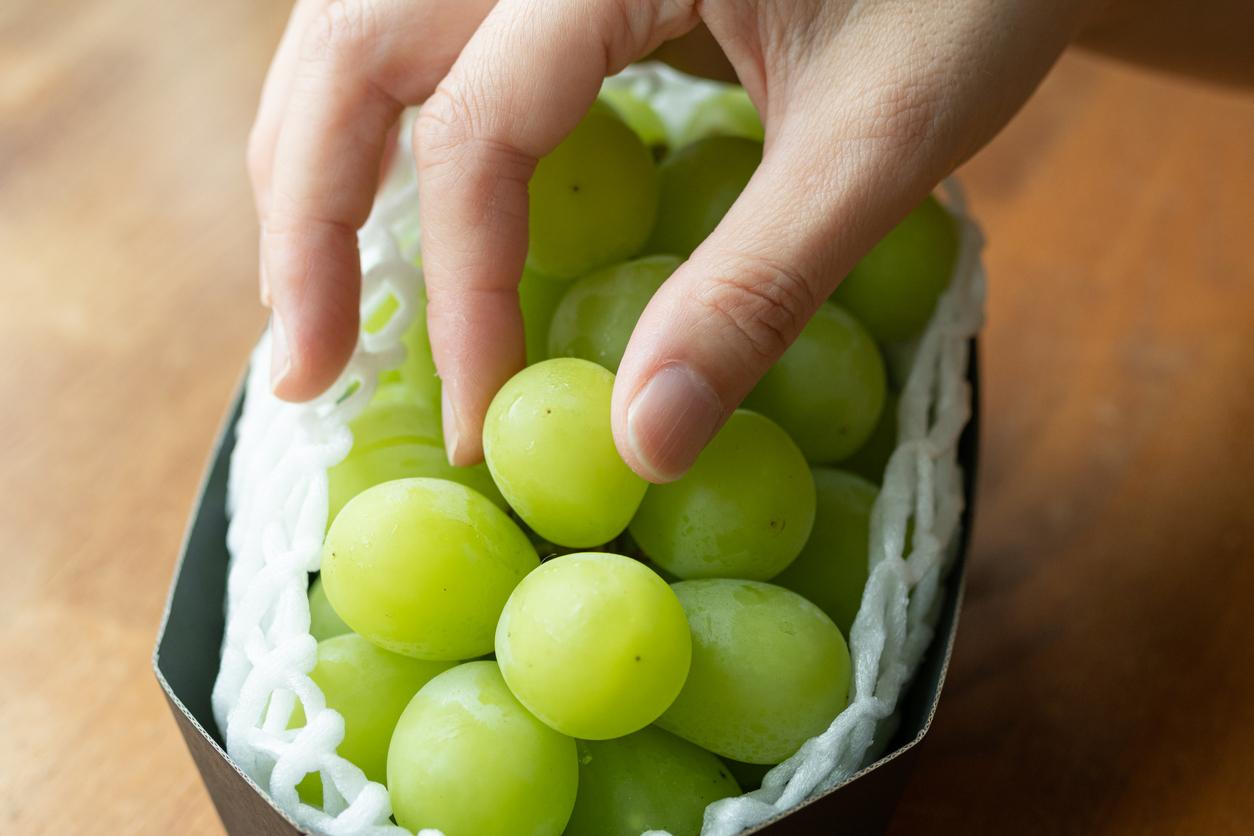After two decades of excessive consumption, journalist Claire Touzard has decided to put an end to alcohol. A one-year weaning that she tells in the book “Without alcohol” (Ed. Flammarion).

– Why doctor: Why did you write this book?
Claire Touzard I started writing this book when I decided to stop drinking, it was a kind of therapeutic writing.
I also wanted to testify that it is possible to have a happy and joyful sobriety, because I find that there is a lack of positive testimonials on stopping alcohol. My goal is not to advocate the prohibition of alcohol, but to show all those who suffer from it that sobriety is an entirely possible choice, and not an anomaly.
My book also illustrates the existence of a “grey area of alcoholism”: you don’t necessarily have to drink alone and very early in the morning to be an alcoholic.
– Reading you, we understand that meeting your spouse was your trigger to stop drinking, and that he helped you a lot in your approach. Have you used any other helpers to quit alcohol?
My partner really clicked, because he showed me that we could live happily without alcohol. Before him, I had never imagined this idea, because for me alcohol was associated with celebration and conviviality. The fact of being able to discuss it with him also helped me a lot to cross the threshold, because the exchange with the other is extremely important in stopping alcohol.
Early in my withdrawal, I also relied on an app, and I was on Alcoholics Anonymous. Finally, the psychiatrist and addictologist Fatma Bouvet followed me. Today, I have not yet found a long-term therapy.
– You describe that you drank quickly, in large quantities. Do you practice what is called “binge drinking” (“drink quickly and a lot”, in English)?
I actually started drinking in high school by practicing “binge drinking”. I think I was attracted by the “spring break” spirit, which came from the United States. At the time, the phenomenon of binge drinking was just beginning to emerge, whereas today it is very popular among young people.
Before quitting alcohol, I drank about a bottle every night, alone or accompanied. It is often in the face of its solitary consumption that we realize the problem. Moreover, with confinement and the curfew, many people no longer have the excuse of partying and worldliness to drink, which raises questions about their consumption.
– The Queen Gambit, Desperate Housewifes, Girls… Many series feature women who drink regularly, without losing their beauty and intelligence. Did this correspond to your reality?
It’s true that drinking alcohol exalted my romantic and adventurous side, which I don’t entirely regret.
Very young, alcohol also served me to rebel against conventional codes of femininity. Subsequently, it allowed me to bear the injustices that I experienced as a woman, alcohol suppressed my anger. It was a kind of medicine against the patriarchy, which allowed me to occupy the masculine territory. In this sense, my consumption corresponded to that of those heroines put forward by pop culture, who are independent, hold big jobs and drink a glass or two of alcohol in the evening to decompress.
The problem is that the two glasses usually turn into a bottle, and the next morning everything stops. We drink to crush social pressure, but paradoxically, we hurt ourselves, and not the system at all. While drinking, I tried to look like a superheroine, but in truth, alcohol made me confuse who I was with who I wanted to be.
– Was it difficult for you to stop drinking, and if so why?
It was especially hard psychologically. For months, I had to use all my willpower to break my drinking habit. On the other hand, I did not have physical manifestations of withdrawal, such as delirium tremens.
– You report your father-in-law’s first rather negative reaction to the announcement of your retirement. Do those around you see your sobriety as something positive?
I actually had quite strong reactions at the beginning, which surprised me. When we stop drinking, we are a bit like a mirror held up to the consumption of the other without wanting to, which can be aggressive. Drinking is such a norm of conviviality in France that in the end, when you’re sober, you become a kind of anomaly, a spoilsport… As if you refused to share with others. It is this social pressure that makes quitting alcohol so hard in France.
But today, a year and a month after quitting alcohol, the people who gave me some unfortunate thoughts at the beginning are the first to support me, like my father-in-law.
Over time, I spoke to everyone around me about my approach. This has opened up a lot of discussions on this taboo subject, which no one dares to talk about.
– You mention Brittany and your family environment as circles where alcohol is very present. The same goes for journalism. Do you think this had an influence on your alcohol consumption?
Yes, because the Bretons have a special relationship with alcohol, but it is the whole of France that pushes consumption. We also drink a lot in the North, in the South, in Normandy… As for Paris, there are bars on every street corner. Regarding journalism, it is of course a job where you don’t skimp on the bottle, but I have the impression that this is the case in many other activities.
So for me, alcoholism is not specific to my history, but to French culture. In a society very focused on well-being, alcohol paradoxically remains the last bastion of pleasure, which is rarely attacked. When I drank, I went to the gym three times a week, which didn’t prevent me from having five-hour drinks.
– You also mention your loneliness as a consumption factor. Yet you didn’t seem to be?
It was loving loneliness. I was single for eight years with no children. At my age (38, editor’s note), it’s not easy. And when I traveled a lot, I had fewer friends than now, because I was away all the time. Besides, my family was not in Paris. I think a lot of people feel lonely, and drink for that reason.
– Is it always difficult to resist alcohol?
I don’t know if I’ve turned a corner, but at the moment it’s fine. Since I gave birth, I don’t feel like going back at all, I thought it would be much harder. I’m so happy to be free of something that hurt me, that I don’t want to go back.
– What keeps you going?
The long-term benefits of quitting alcohol far outweigh the short-term pleasure of having a drink. But that is difficult to perceive when you consume alcohol.
I have a lot less dark thoughts, and I suffer a lot less from anxiety. It is mistakenly thought that alcohol dulls these feelings, when in fact drinking increases them tenfold. I’m less tired, less aggressive, and no longer have a hangover. It’s a state we laugh about a lot, but in reality, having a hangover is not funny at all, especially when it’s every day. It is a physical suffering (at the level of the stomach, the head…) and psychological.
– Do you think that resuming moderate consumption is possible, or is it too dangerous?
It seems impossible to me to drink moderately, even if therapists specialized in addiction say that it is possible for some patients. It’s up to everyone to see what they are capable of, but me, if I drink one glass, I drink ten.
.









